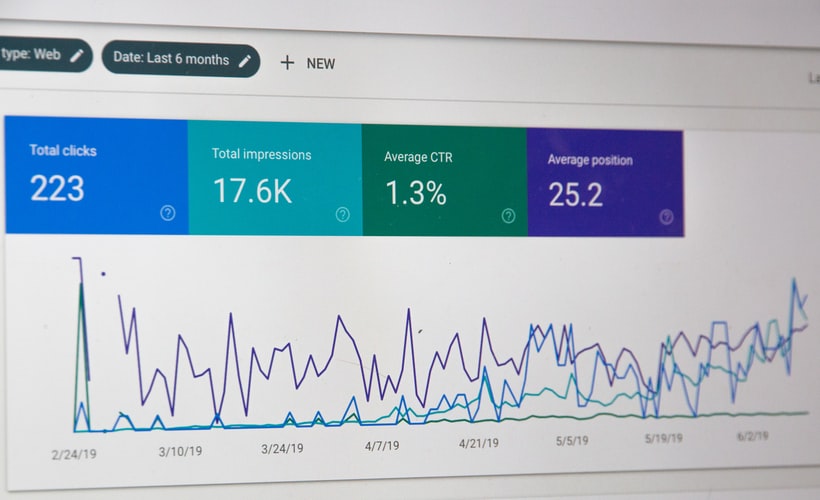Guest posting is a type of marketing that often gets an eyebrow raise. The truth is that there are many ways to utilize guest posting – some of them are excellent tools in your marketing arsenal, and others may get you on Google’s bad side. The key is knowing the difference and using only legitimate guest posting strategies.
But what does that look like? Here, we offer some pointers and helpful information from EraBright, a Black-owned advertising agency.
What You Need to Know About Guest Posting in 2021
A great guest post is one that helps you, but also provides some value to the publisher and readers. Before getting started, target sites that make sense for your business. This helps your SEO strategy and avoids your link being viewed by Google quality raters as being “spammy”.
How to Find Guest Post Opportunities
There are many blogs out there that have a clear message to “contribute”, “write for us”, etc. These are great opportunities to contact them and find out more about their policies. If there are sites that you like and match your target, but they don’t identify that they accept guest posts, you can always reach out to them individually. Just remember that you won’t always get a “yes”.
Some tips for finding blogs that accept guests posts include:
- Search for blogs in your market or niche
- Choose blogs that are authoritative and have a high domain authority/rank
- Choose blogs that have followers, readers, or high engagement
- Assess the blog’s social media
- Search Google for a topic and “guest post” and see what type of results you get. You may find other bloggers in your industry on sites that will also accept a guest post from you.
Writing a Great Guest Post
Once you have narrowed down where you want to submit a guest post, the next step is writing the content. The goal of guest posting is to bring attention to your brand, business, products, or services. Therefore, you want your guest post to be interesting and informative, and you want it to bring awareness to your brand.
Look at the blogs you are targeting and get an idea of the sort of content that is published there. Take note of blogs with a lot of engagement. You can use a similar style to successful posts, just make sure you match the tone of the site. You should also choose a topic that is relevant to your brand and the chosen blog. Write your content in a way that is “evergreen”, meaning it won’t become quickly outdated.
What about Backlinks?
For many people who guest post, the overarching goal isn’t to build backlinks. Of course, getting a do-follow backlink to your site is an added bonus. Increasingly, websites are only allowing guest posts to contain no-follow links, which means the link won’t go back to your site. While that’s bad news for backlinking, it’s not detrimental to your goal of brand awareness. After all, you can mention your brand in the article and provide a link, and also will likely have author information at the bottom.
One word of caution about backlinks – Google can penalize websites that have low authority or spammy backlinks. If the backlinks seem irrelevant, poorly placed, or low quality, it can actually hurt your Google ranking. The best way to avoid this is to choose legitimate blogs with a decent domain authority/rank, and avoid sites with a high spam score.
Conclusion
It seems like every year there are new guidelines and advice for how to manage digital marketing and SEO. Guest posting is one element that seems to be evolving more now than in the past, however. Increasingly, search engines are watching how sites interact and link to one another. For this reason, it is important to be selective in your guest posting adventures.
Read Also:

























